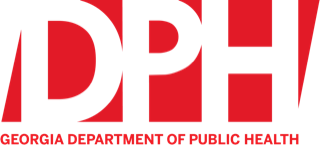

Testing
Although testing is starting to become more widely available, not everyone should be tested. Testing is not indicated for people who do not have symptoms, even if they have been exposed to someone with COVID-19. Most people who are mildly or moderately ill with "cold-like" symptoms do not need to be tested. Most people with COVID-19 can safely recover at home with self-isolation and symptomatic treatment, and diagnosis through laboratory testing does not change the care they would receive.
Older adults and people who have severe underlying medical conditions like heart or lung disease or diabetes are at higher risk for developing more serious complications from COVID-19 and should always consult their healthcare provider if sick. You should discuss your illness with your healthcare provider, and they will determine if you need to be evaluated and if testing is indicated for you. If you don't need medical care and have not been around anyone who has been diagnosed with COVID-19, you should stay home away from others until 72 hours after the fever is gone and symptoms get better.
If you got tested for COVID-19, stay at home and away from other people while your results are pending. If your test results are positive you need to remain home under strict isolation precautions for 7 days from the date your symptoms started, or until 72 hours after your fever is gone without the use of medicine and your symptoms have improved, whichever is longer.